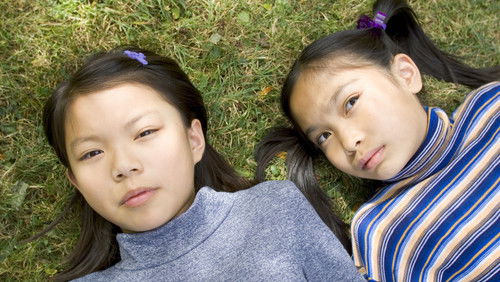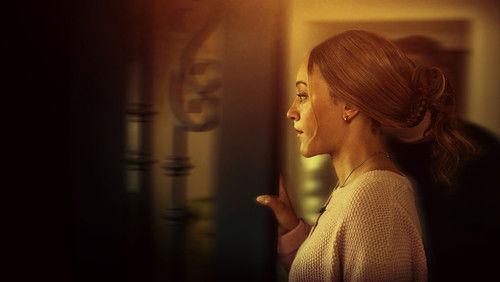Tsuma (1953)
42KTsuma: Directed by Mikio Naruse. With Mieko Takamine, Ken Uehara, Rentarô Mikuni, Michiyo Aratama. Tokyo. Mihoko and Toichi Nakagawa’s ten year marriage is crumbling out of inertia. Each knows the other isn’t happy, they themselves aren’t happy, but they don’t talk about their problems with each other, each festering in their unhappiness largely so that they will not show especially to their three boarders their problems. Mihiko in particular, old fashioned in her outlook, does not see divorce as an option, that move which would be a stigma she could not tolerate. Both are seemingly oblivious to the fact that others around them are facing similar if not worse situations, and that they themselves are largely the cause of their unhappiness. Things for their marriage get worse when Toichi starts to fall for his work colleague, widowed Fusako Sagara, who returns his affections.
“This starts as broad if uncomfortable comedy, based on the battle of the sexes and the strains of marriage in an imperfect world full of imperfect people. Slowly, tragic themes emerge as the desperation of the characters for love and security becomes clear and their aspirations become at the expense of each other. The comedy is rather obvious, with some character clichés and crude approaches.u003cbr/u003eu003cbr/u003eThe tragedy is more subtle, with Ken Uehara expressing a world of feeling in a single glance. By the end of the film, the characters accept mundane reality in place of dreams though with disillusioned resignation rather than the contentment a sentimental Western film might display.u003cbr/u003eu003cbr/u003eThe filmu0026#39;s style changes, too, from unsatisfying short sequences in the first half to more typical Naruse long takes by the end.”









